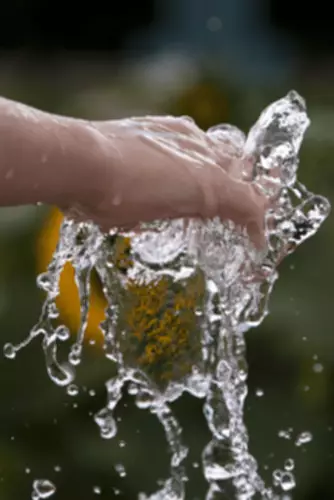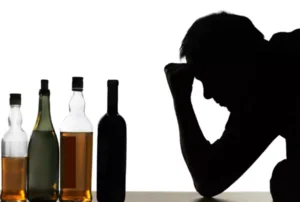
By focusing on the things they are grateful for, individuals can shift their attention away from negative thoughts and experiences, fostering a sense of optimism and hope. This increased positivity can provide a valuable buffer against challenges and setbacks that may arise during the recovery journey, enhancing resilience and the ability to persevere. First, we did not conduct a meta‐analysis because it was deemed inappropriate due to the large variability in mental health and well‐being indicators. Therefore, it is not possible to quantitatively verify the effects of the gratitude intervention among workers. Second, this review was limited to studies written in the English language.
Addiction Is a Family Disease
- Gratitude has been extensively studied within the field of positive psychology.
- When properly cultivated, gratitude becomes an action of expressing your love for someone or something.
- Otsuka et al. incorporated a paper‐based gratitude list to 38 employees in a local government in Japan.42 Participants were asked to write four gratitude lists once a week for 4 weeks.
- Acknowledging and expressing gratitude towards those who support recovery efforts can lead to stronger interpersonal bonds.
- On the other hand, behavioral gratitude expression was only included as part of a combined positive psychological program,37 there were no studies that incorporated behavioral gratitude expression only.
It is a complementary approach to addiction recovery that can enhance overall well-being and improve the chances of successful long-term sobriety. Incorporating gratitude into your daily life doesn’t have to be complicated what is alcoholism or time-consuming. By making small changes in your mindset and habits, you can reap tremendous benefits that will improve your mental health and overall well-being. In addition to these benefits, gratitude also improves physical health by reducing stress, lowering blood pressure, and improving sleep quality. These outcomes positively reinforce one’s behavior towards practicing gratitude as a habit. Expressing gratitude to friends, family, and support systems is a powerful way to strengthen relationships and promote wellbeing.

Free Healthbeat Signup
- Like my recovery gratitude, which still rings straight and true, it was hard-earned.
- Explore why every heroin addict I have met in recovery started by using prescription painkillers and the impacts.
- By acknowledging the small victories and positive relationships in their lives, individuals can foster forgiveness towards themselves.
- It helps them navigate challenges with resilience and hope, serving as a catalyst for healing and growth.
- Keep them boiling on the front burner of your mind, and you increase your appreciation of life.
- Feeling grateful can help individuals shift their perspective from seeing setbacks as failures to viewing them as opportunities for growth.
For further insight, explore our resources on ways to be supportive of recovery and the importance of a routine for recovery – part 3. Incorporating gratitude into the recovery journey can have profound positive effects on an individual’s well-being and overall progress. By nurturing a sense of gratitude, individuals in recovery can experience increased positivity and resilience, improved mental health and well-being, as well as strengthened relationships. Gratitude is a powerful tool that holds tremendous potential in the recovery journey.
Prescription Painkillers Leading to Heroin Addiction

Explore vibrant alternatives to drinking gratitude and recovery alcohol, redefine your lifestyle, and thrive in sobriety. Navigate alcohol withdrawal symptoms effectively with our comprehensive guide on management and care. Discover inspirational recovery books that illuminate triumph over addiction and offer healing insights.

Therefore, it might be useful to incorporate elements of savoring into gratitude intervention. Three investigators (YK, MI, and DH) independently extracted information from each included study. After extraction, all authors confirmed the collected information to reach a consensus in this process.

Triggers are situations, emotions, or environments that can evoke a desire to relapse. Recognizing and effectively managing these triggers is vital for continued recovery. Embracing gratitude helps individuals reframe their thoughts and focus on positive aspects, making it easier to navigate challenging moments.
- This shift in perspective enhances motivation and commitment to recovery goals, especially during tough times.
- Comparison groups of the review were those conducted other activities or measurements only.
- It helps shift the mindset from focusing on what is lacking to appreciating the positive aspects of life 4.

Leave a Reply